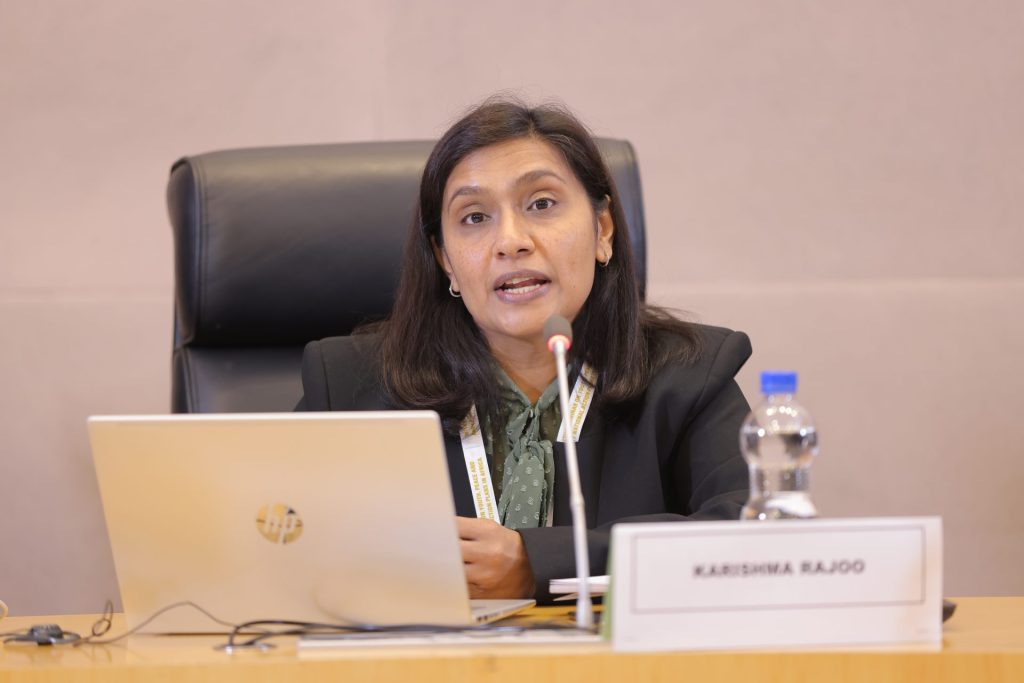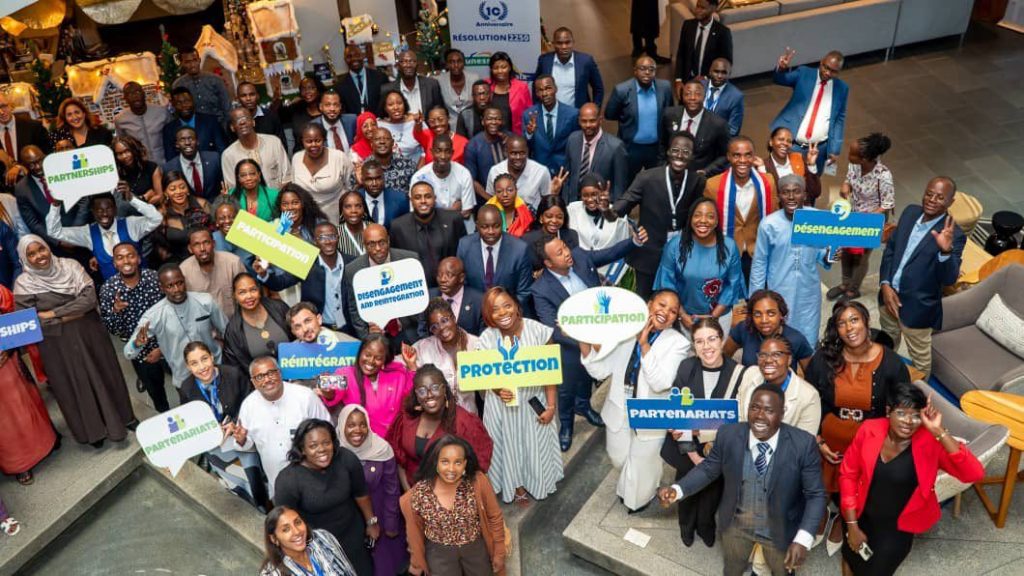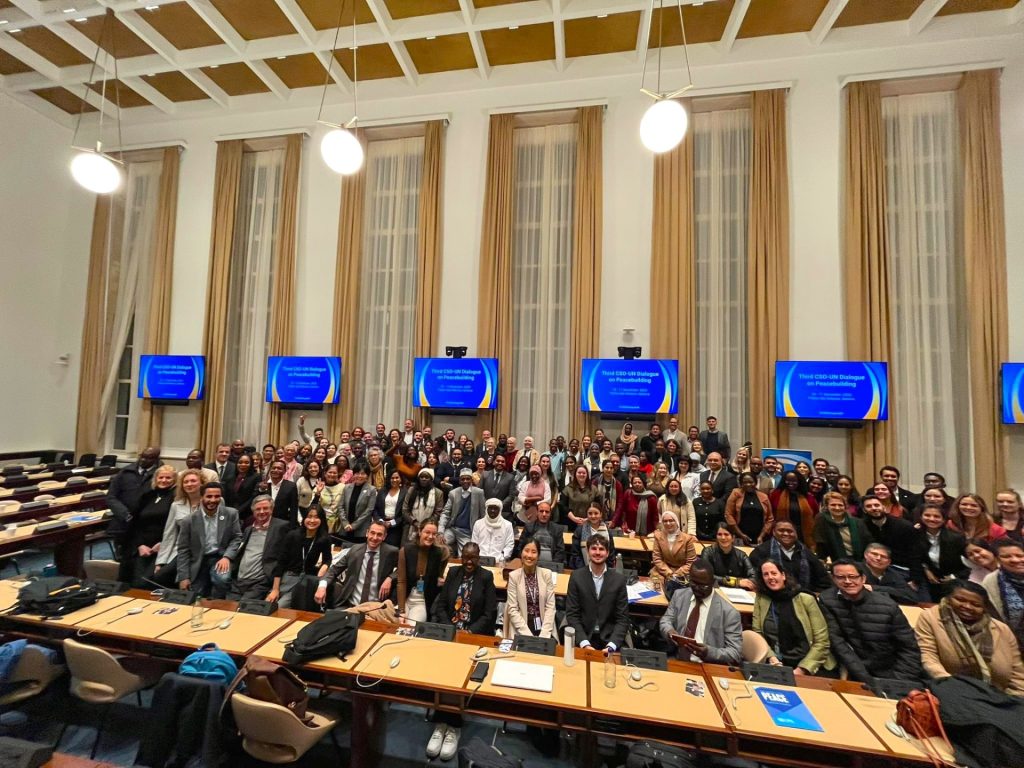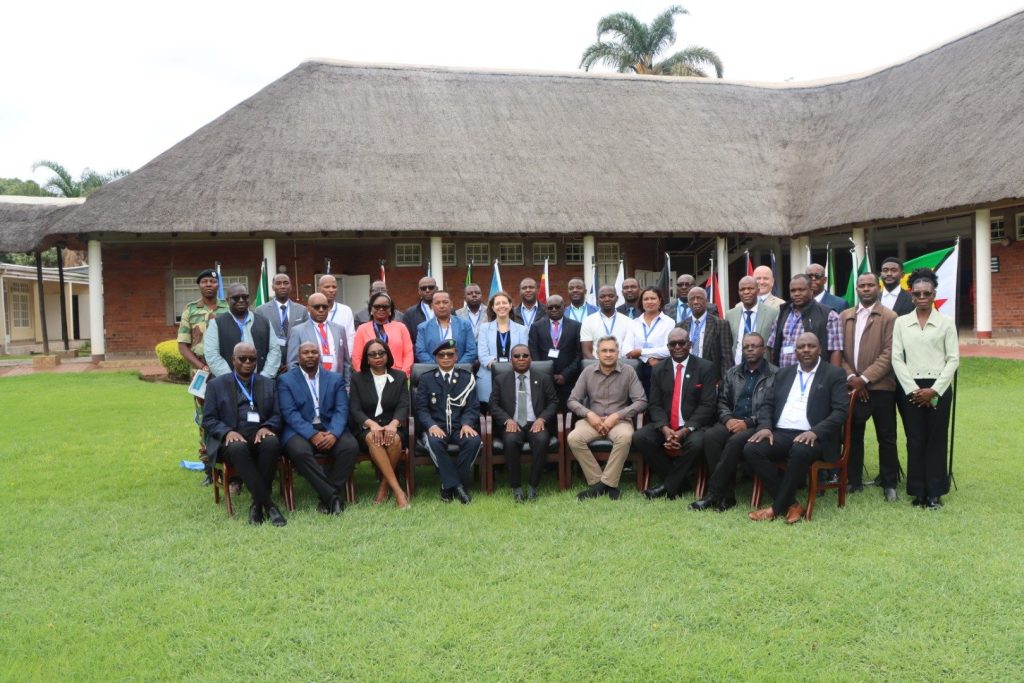The African Union (AU) and AU member states have repeatedly demonstrated their political will to respond and resolve emerging threats, crisis and insecurity on the continent by mandating peace support operations missions and deploying personnel to support these missions. This is reflected in the commitment of the African Troop Contributing Countries (TCC) and Police Contributing Countries (PCC) who have been the first responders to conflicts and crises in Africa. However, converting political will and resolve into responsive and effective interventions requires a sound logistics foundation. This also calls for an effective and sustainable mission support concept and framework. A well-functioning system for mission support is a critical factor for the success of peace operations.
The 2016 Africa Logistics Forum (ALF) was held in Kofi Annan International Peacekeeping Training Centre (KAIPTC), Accra, Ghana from April 12 – 14, 2016. The Forum, co-facilitated and co-organised by the AU and the Africa Center for Strategic Studies (ACSS), sought to strengthen strategic leadership in the implementation of logistics initiatives required to support crisis response. The Forum brought together military leaders, policy-makers and academia from Africa, regional organisations, Europe, Asia, the United Nations, and various U.S. Government agencies.
The objectives of the 2016 ALF were to: i.) Enhance capacity among participants to improve national and multinational logistical preparedness for humanitarian assistance and disaster management response; ii.) Examine existing African Union protocols, doctrine and procedures for multinational logistics support within the context of current and emerging threats on the continent, and develop feasible recommendations to address identified shortfalls; iii.) Survey principles for effective security sector resource management, accountability, and oversight; and identify a framework for strengthening national and multinational logistics institutions; iv.) Identify sound practices for the development and implementation of strategies, management tools and coordination mechanisms to better leverage bilateral and multilateral partnerships in the areas of logistics support and assistance; and v.) Strengthen the African logistics community of interest and improve the structure and functions of the Africa Logistics Council (ALC) and the existing ALC working groups.
Some of the recommendations emerging from the discussions were: finalisation of the legal framework with Regional Economic Communities/Regional Mechanisms (RECs/RMs) and Member states on the employment of the African Standby Force (ASF), including strategic lift assets; revise the AU Mission support concept to expand its scope and to adapt it to operational exigencies; encourage Member states to develop their own logistics capabilities in support of RECs/RMs and AU peace support operations; expand the strategic lift concept to cover air, road, rail and maritime mode of transport; organise Logistics and communications exercises; disseminate all ASF Policy documents to RECs/RMs and Member States; develop a progress tracking matrix for ALF/ALC activities; strengthen the Asset Management System through an inventory of AU owned equipment in AU peace missions; review the ALF to adapt its objectives and format to address operational challenges; review the ALC Working groups to expand and adapt to new demands; and provide feedback/update to the Specialised Technical Committee on Defence, Safety and Security (STCDSS) and to the AU Peace and Security Council.
Re-establishing peace and protecting civilians effectively is critically dependent on the ability of Africa’s security sector to respond in a timely manner, get troops and supplies to areas of greatest need, establish reliable communications infrastructure, relocate vulnerable and affected groups, and sustain those efforts. To achieve this, the AU, African countries and regional organisations need to have effective logistics arrangements in place to support these activities. ACCORD remains committed to supporting the AU’s Peace Support Operations Division (PSOD) in strengthening peace support operations in Africa through increased operational effectiveness of mission support capabilities.
The Training for Peace Programme at ACCORD is an initiative funded by the Norwegian Ministry of Foreign Affairs.
For more information on ACCORD’s work through the TfP programme, please contact Ms. Irene Limo, Senior Programme Officer – Peacekeeping Unit, ACCORD on irene@accord.org.za.







